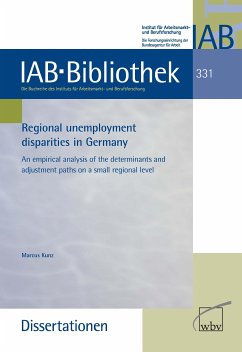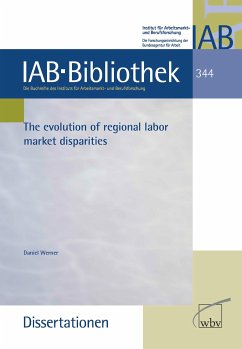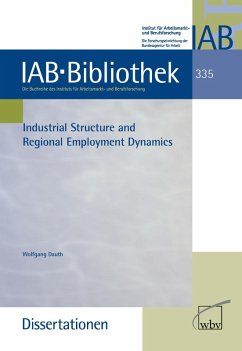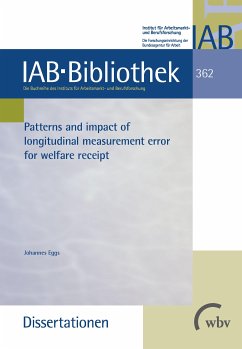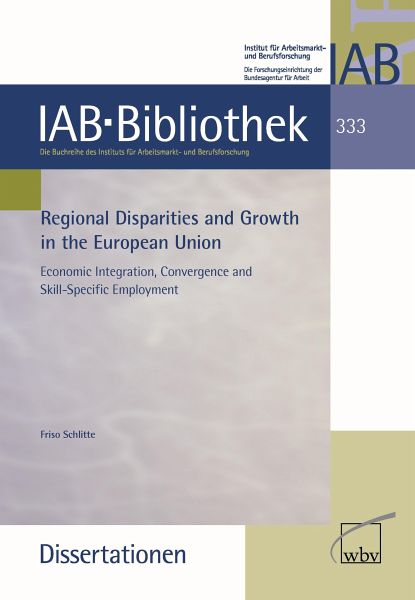
Regional Disparities and Growth in the European Union (eBook, PDF)
Economic Integration, Convergence and Skill-Specific Employment

PAYBACK Punkte
0 °P sammeln!
Wirtschaftskraft, Einkommen und Beschäftigung klaffen innerhalb der Europäischen Union (EU) weit auseinander - sowohl innerhalb als auch zwischen den Mitgliedsstaaten. Der Abbau dieses Gefälles ist das erklärte politische Ziel auf europäischer wie nationaler Ebene. Obwohl sich die ökonomische Regionalforschung dieses Themas angenommen hat, liegen bislang kaum gesicherte Erkenntnisse darüber vor, inwieweit die Osterweiterung und die ökonomische Integration der EU die Entwicklung der regionalen Disparitäten beeinflussen. Zudem ist weitgehend ungeklärt, inwiefern und warum sich die Besc...
Wirtschaftskraft, Einkommen und Beschäftigung klaffen innerhalb der Europäischen Union (EU) weit auseinander - sowohl innerhalb als auch zwischen den Mitgliedsstaaten. Der Abbau dieses Gefälles ist das erklärte politische Ziel auf europäischer wie nationaler Ebene. Obwohl sich die ökonomische Regionalforschung dieses Themas angenommen hat, liegen bislang kaum gesicherte Erkenntnisse darüber vor, inwieweit die Osterweiterung und die ökonomische Integration der EU die Entwicklung der regionalen Disparitäten beeinflussen. Zudem ist weitgehend ungeklärt, inwiefern und warum sich die Beschäftigungsentwicklung in verschiedenen Qualifikationsniveaus regional unterscheidet. Gestützt auf eine breite Datenbasis und ökonometrische Analysen leistet Friso Schlittes Buch einen wichtigen Beitrag, um diese Forschungslücken zu schließen. Publikationssprache: Englisch
Dieser Download kann aus rechtlichen Gründen nur mit Rechnungsadresse in A, B, BG, CY, CZ, D, DK, EW, E, FIN, F, GR, H, IRL, I, LT, L, LR, M, NL, PL, P, R, S, SLO, SK ausgeliefert werden.




